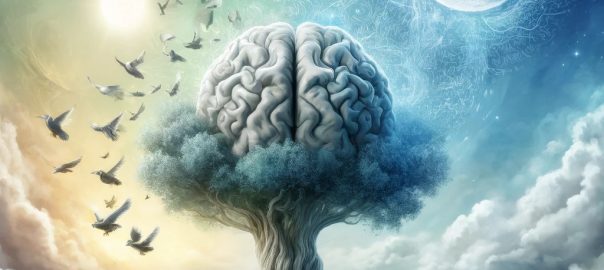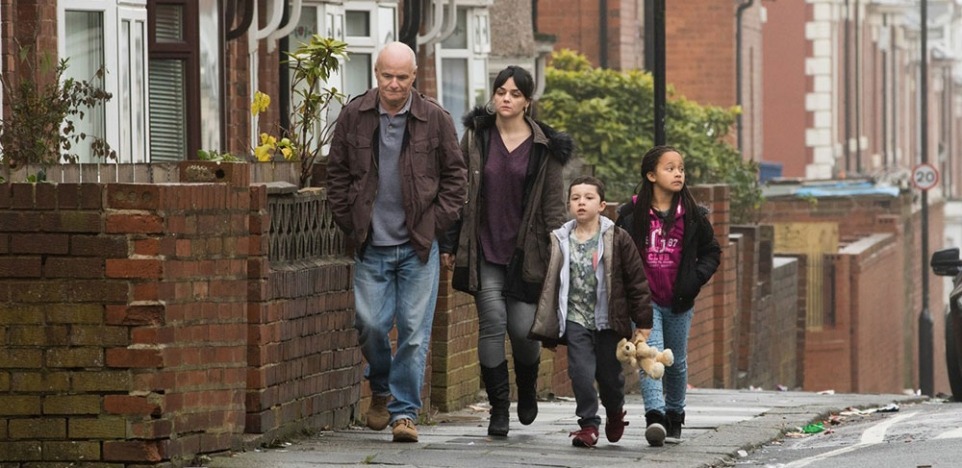The world we live in is extremely complex and very hard to fully comprehend. We can spend years and years just investigating a tiny part of it to try to shed some light and gain some understanding. At an individual level, I would argue that it is impossible to have a complete view of how the universe works at all times or, even, what are the most likely causes of the things we are experiencing according to the most up-to-date human knowledge (and what would be the most optimal reaction).
As individuals, not only we do not have instant access to all the human knowledge, we also do not have an unlimited amount of cognitive resources. We cannot analyze every situation to its full extension to understand what is the most reasonable explanation of what happened, and what is the best decision or action to increase the chances of a future outcome that maximizes some pre-established motivation or goal (e.g., maximizing happiness). Hence, our brain seems to have evolved to frequently rely on heuristics, mental shortcuts that helps us to make quick judgments or decisions.
Continue reading Metaphorical Truths

